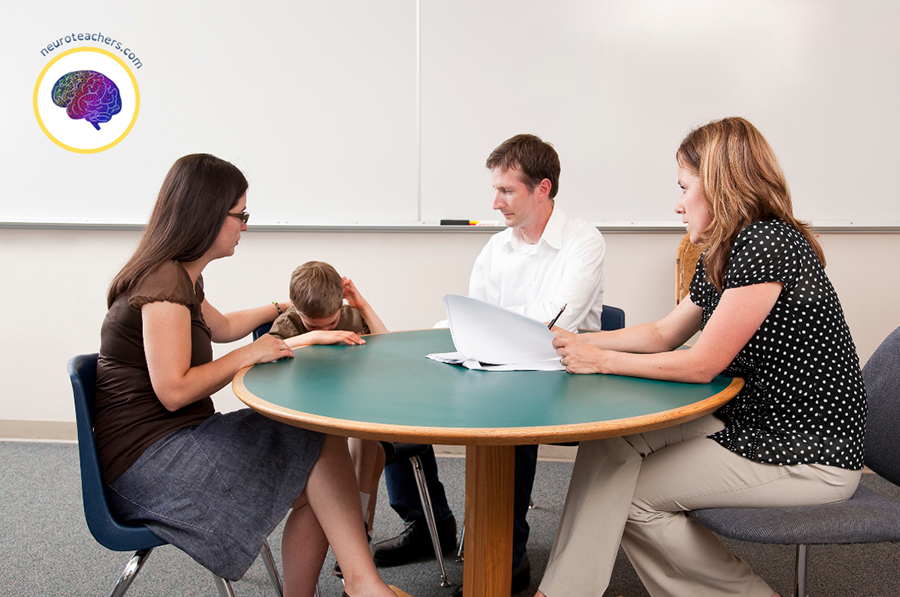A controversial blog about behaviour – Part 1
Catrina Lowri is a neurodivergent teacher, trainer, and coach. As well as having 22 years’ experience of working in education, she also speaks as a dyslexic and bipolar woman, who had her own unique journey through the education system. I’m writing this by popular request. I’ve been reluctant. The topic is highly controversial, with many strong and […]
A controversial blog about behaviour – Part 1 Read More »










